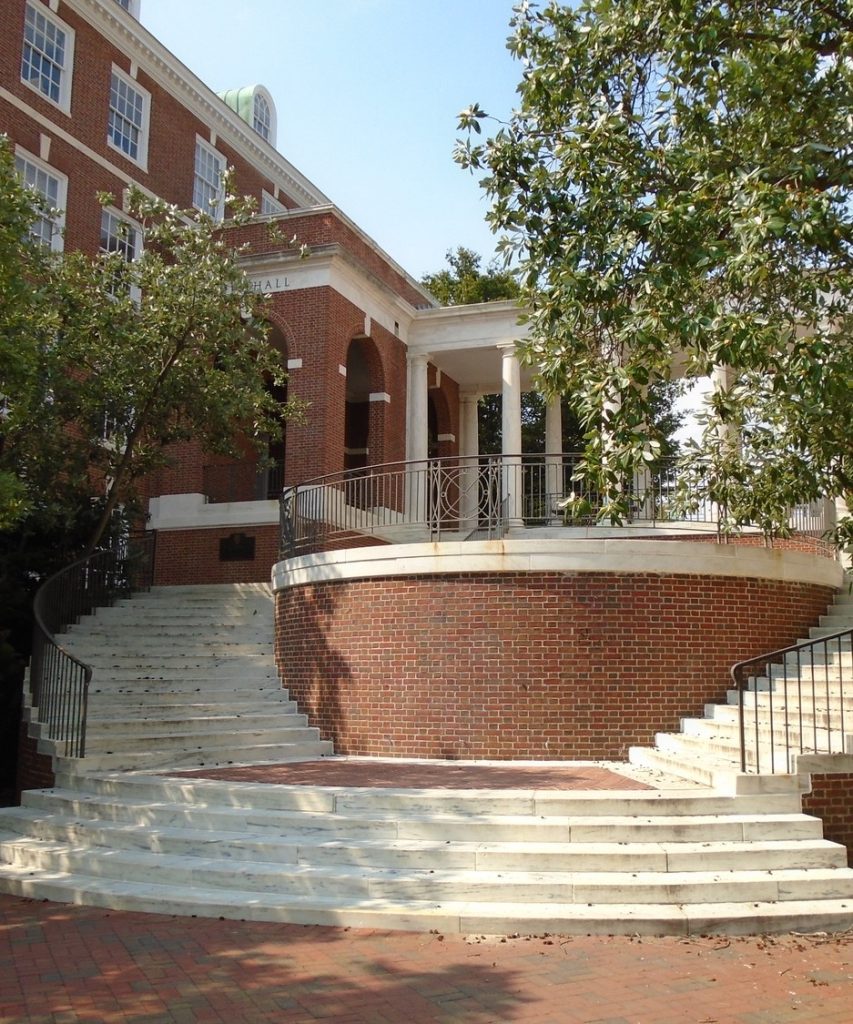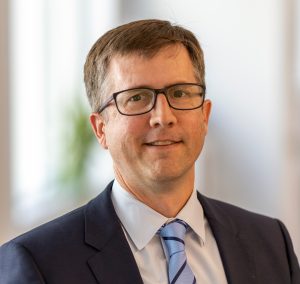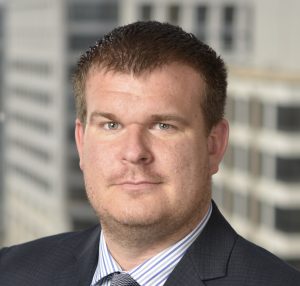What Comes First? Balancing Safety and Deferred Maintenance Projects for Aging Buildings

Institutional Knowledge Seminar Series – Part One
As a result of catastrophic failures and collapses, owners and facilities managers must comply with changing regulatory requirements. These changes include the recent Department of Consumer and Regulatory Affairs (DCRA) bulletin in 2021 requiring any owner or permit holder subject to a Certificate of Occupancy to immediately report any condition that renders their building unsafe or imminently dangerous. In light of these requirements, it can be difficult for owners of aging buildings and infrastructure to reconcile the need to address immediate safety concerns with the need to perform longer-term maintenance projects. In this session, we will discuss the meaning of terms like “unsafe” and “dangerous” and explore the importance of condition assessments, project prioritization, and asset planning to minimize risks to aging buildings and infrastructure.
LEARNING OBJECTIVES
After attending this webinar, participants will be able to:
- Understand examples of catastrophic failures and collapses and potential risks to existing building stock.
- Identify current regulatory requirements for building owners in Washington, DC, and certain other jurisdictions in urban environments, to prioritize building safety.
- Understand how condition assessments can help building owners identify and plan near- and long-term maintenance projects.
- Recognize how project prioritization and asset planning can help institutional facilities remain safe and functional.
ABOUT THE INSTITUTIONAL KNOWLEDGE SEMINAR SERIES
Managing and Repairing Facilities in Washington, DC
For institutional owners and facilities managers with large portfolios of buildings, it can be a challenge to continuously maintain, inspect, prioritize, and repair campus structures. This is particularly the case in the Washington, DC, area, where owners often need to maintain monumental, mission-critical buildings. In this three-part educational series, experts from Simpson Gumpertz & Heger will share structural and building enclosure engineering perspectives to help institutions understand and overcome their facilities’ challenges. These sessions will be held in person on Thursday evenings throughout the fall, offering attendees both learning and networking opportunities at SGH’s Washington, DC, office.
Join us for Parts Two and Three of the series:
- Thursday, October 19: Keep the Change: Minimizing Change Order Impacts on Building Repairs and Renovations, presented by Emily Appelbaum and Nick Piteo
- Thursday, November 16: Bang for your Buck: Capital Allocation Based on Real-World Data, presented by Paul Kassabian and Christian Sjoberg

